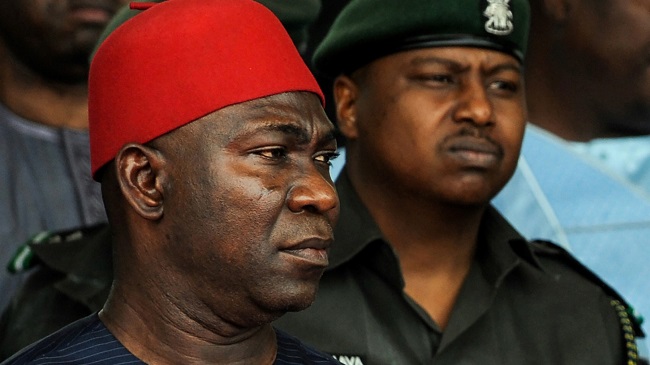Once upon a time, Nollywood was a kingdom ruled by marketers, pirates, and over-glorified gatekeepers. Today, a new monarch has risen: YouTube. And it’s not just shaking the table — it’s flipping it entirely.
The Old Nollywood: A Hustler’s Hell
Before YouTube, becoming a filmmaker in Nigeria was like playing a rigged game. The system was brutally unfair:
- Marketers controlled the narrative — Literally. You had to sell your soul to Alaba International or Idumota to get your film out.
- Creativity was censored — If it didn’t fit the formula (witchcraft, love triangle, or slapstick comedy), it was DOA.
- Distribution was a joke — Piracy thrived. You could spend millions shooting a film, only to see it on the street the next day… for ₦200.
For years, filmmakers begged for change. The industry shrugged.

Enter YouTube: The Digital Anarchy Nollywood Needed
YouTube didn’t knock. It kicked down the door.
Suddenly, unknown filmmakers with zero “connections” started racking up views and subscribers — and money. No middlemen. No distributors. Just a camera, a story, and Wi-Fi.
Proof? Channels like Uduak Isong’s Waka Girl, Ruth Kadiri’s films, or Ayo Makanjuola TV — all thriving with millions of views.
YouTube became the land where:
- Filmmakers became their own bosses
- Revenue flowed directly to creators
- Audiences chose what they wanted to watch — not what marketers forced on them
Old Guard? They’re Still Confused
Let’s be honest: the old system isn’t just outdated — it’s salty.
Producers who once laughed at YouTube now run to it. Actors who once looked down on “online films” are begging for collaborations. It’s poetic justice. The same people who once dismissed digital films now can’t survive without them.
Some still call YouTube filmmakers “amateurs.” That’s cute — until you realize these “amateurs” are earning dollars monthly while others are still chasing unpaid cinema revenue or empty promises from DSTV deals.
Quality Is Rising, Gatekeeping Is Dying
Thanks to YouTube, Nollywood’s quality has skyrocketed. Creators now:
- Invest in better cameras
- Tell bolder stories (LGBTQ, political, feminist themes)
- Engage directly with their fans
The best part? No one needs to beg for funding from big studios who only invest in tired faces or recycled scripts. Viewers fund content through ad revenue. Imagine that — the people actually matter.
YouTube is Not Perfect, But It’s Liberation
Yes, the platform has its flaws — demonetization, content theft, algorithm drama. But compared to the suffocating grip of Nollywood’s past, YouTube is freedom. A digital rebellion.
Filmmakers are finally in control of their art. And it’s about time.

Final Thought: Evolve or Be Forgotten
The message is clear:
If you’re still waiting for a marketer to approve your dream, you’ve already lost. The future of Nollywood isn’t in boardrooms — it’s in broadband.
YouTube didn’t just help Nollywood.
It saved it.

















